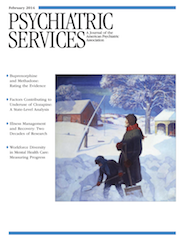Effectiveness RCT of a CBT Intervention for Youths Who Lost Parents in the Sichuan, China, Earthquake
Abstract
Objective
Many children who lost parents in the 2008 earthquake in Sichuan Province, China, experienced symptoms of posttraumatic stress disorder (PTSD) and depression. This randomized controlled study compared the treatment effectiveness of short-term cognitive-behavioral therapy (CBT) with a general supportive intervention and with a control group of nontreatment.
Methods
Thirty-two Chinese adolescents were randomly assigned to three treatment groups. Participants were compared for psychological resilience (Connor-Davidson Resilience Scale), symptoms of PTSD (Children’s Revised Impact of Events Scale), and depression (Center for Epidemiologic Studies Depression Scale) at baseline, after treatment, and three-month follow-up.
Results
CBT was effective in reducing PTSD and depressive symptoms and improved psychological resilience. General support was more effective than no intervention in improving psychological resilience.
Conclusions
Short-term CBT group intervention seems to be a robust intervention for natural disaster victims. Short-term CBT group intervention was more effective than the general supportive intervention and the no-treatment group in enhancing psychological resilience and reducing PTSD and depression among adolescents who had lost parents in the earthquake. The general supportive intervention was effective only in improving psychological resilience.




